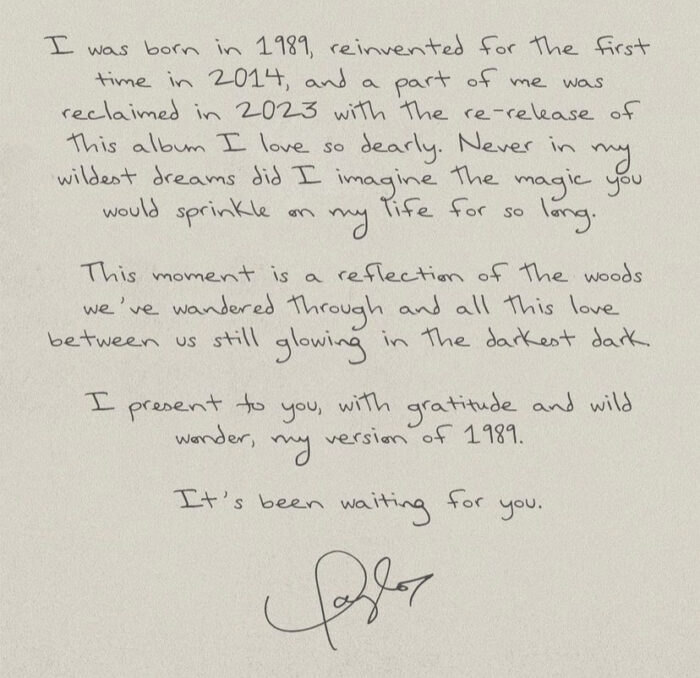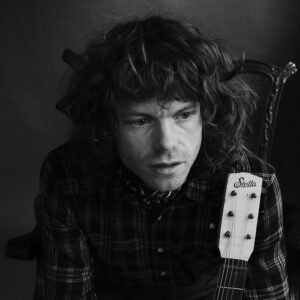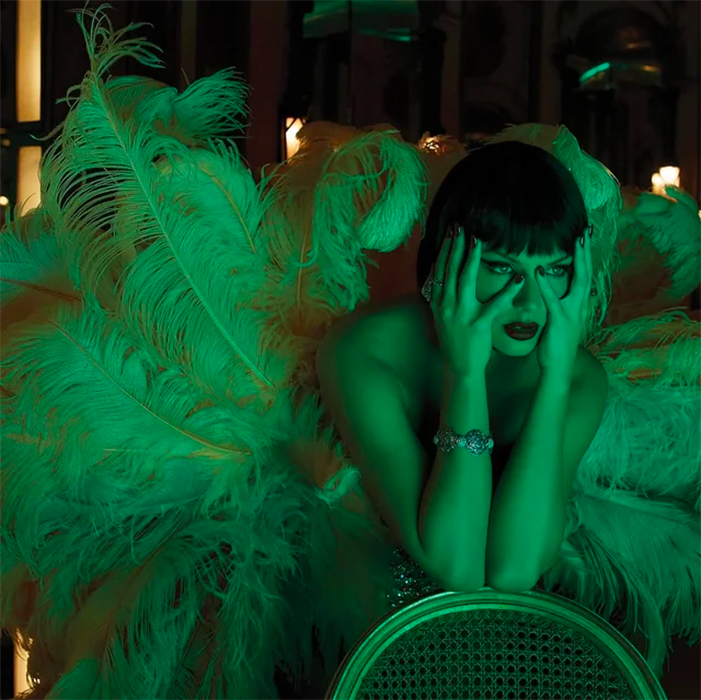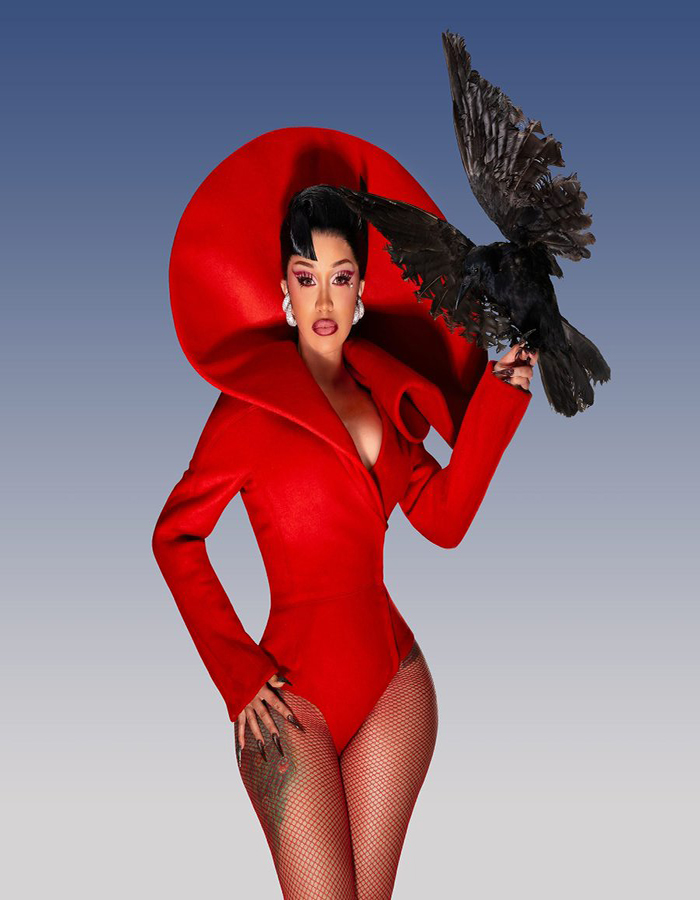The day has finally come: Taylor Swift dropped her own version of her “pop classic” 1989!
With the support of the horde of her tireless fans, 1989 (Taylor’s Version) is set to become the new #1 album, once again bringing the singer back to the top of the charts. Just like she crashed the world when the album first came out in 2014, 1989 (TV) has already caught everyone’s attention, and we just can’t stop talking about it.
1989 (Taylor’s Version)
With “Cruel Summer” conquering the number #1 position worldwide following the latest Live From TS | The Eras Tour, Taylor is now ready to do as much with what many define as the “pop classic,” 1989 (Taylor’s Version). With her more mature mind, soul and voice, Taylor Swift returns once again to re-propose her pop anthem.
Bringing back to life pop classics like “Shake It Off,” “Blank Space” and “Wildest Dreams,” the album holds an abundance of nostalgia. Can we really say they were ever forgotten? 1989 (TV) wants to once again prove the invincible social power of Swift as an artist.
While many theorized the release of a second album, decoding Swift’s notorious Easter eggs, only the new version of the album saw the light. Fans were also surprised noticing that no features appeared. Not even the collaboration with Harry Styles in fans’ favourite “Style,” which they quite literally begged for.
The Vault Tracks, however, immediately became the centre of everyone’s attention.
A Look at the History Behind 1989
Supported by her media power—empire even—Swift finally drops 1989 (TV). But what was it like when she first recorded and dropped it?
As a response to her prior work, Red, 1989 (2014 version) was the album that represented the artist’s stand against media and critics. Now, as before, Swift wanted to gain the critics’ appreciation and support. However, she also wanted to keep her music appealing to girls and young women. Staying true to herself and her art was another central aspect for the singer. So, she worked on the album whose new version she welcomes today in her discography.
It is now public agreement that it all started the night of the 2014 Grammy Awards.
That night, all her four nominations (including Best Country Album for Red) turned into ashes. The critics weren’t completely convinced of Taylor’s slow approach to pop, as they considered the album unfocused and incohesive. In fact, many agreed that she was trying too much to combine pop hits with the remnants of her original country direction.
On that night, the diaristic, country girl from Pennsylvania decided to lean towards a fully pop work. Overnight, Taylor Swift decided to change her life and embrace a New York it girl lifestyle, becoming the epitome of a pop star.
Abandoning her usual lyrical focus, Swift’s dedication curved towards melodies, pop lines and catchy verses. Marketing and self-promotion became particularly important as well. The sonic experimentation became the key, supported by the precise choice of having pop master, producer Max Martin, by her side. This proved her full and straightforward commitment and intentions of dropping a bombastic pop classic.
And with dedication and clear ambitions, 1989 saw the light.

A Look into the Long-Awaited Vault Tracks
Among the 21 songs from 1989 (Taylor’s Version) are the five, long-awaited vault tracks: “Slut!,” “Is It Over Now?,” “Now That We Don’t Talk,” “Say Don’t Go” and “Suburban Legends.”
What first strikes the attention of the listener is the unmistakable similarities with all of Taylor’s latest work. Especially with her latest, Midnights, the melodic similarities are almost unforgiving, making the tracks slightly predictable and less of a hit. The melodic assonance between “Say Don’t Go” and “You’re Losing Me” is evident and indisputable, while, on a general note, all the tracks seem to have the same instrumentation and production as the past year’s release. Despite being absolutely pleasant, these last releases definitely don’t match previous tracks, such as the latest “I Can See You,” which offers something new and interesting on many different levels—and, therefore, immediately topped the charts with its new, unexpected and unforeseeable sound.
“Slut!” is, unexpectedly, the weaker song among the rest of the vault tracks. On the other hand, the winner for the best track is easily “Now That We Don’t Talk.” The latter is the one that best matches the 1989‘s vibe we were all craving, and, thanks to Swifties’ hard work on supporting their favorite person (also by creating a glitch in Spotify, which for a few, hours went down due to the millions of people trying to listen to the record), will easily be as influential as the original tracks were and are.
“The Best Vault Tracks”: Does this Meet Our Expectations?
“Written when I was between the ages of 16 and 18, these were the ones it killed me to leave behind,”
– Taylor Swift on her 1989’s six Vault Tracks
“Suburban Legends,” takes a different direction from the luxurious, ecstatic and downtown lifestyle she portrayed and lived back in 2014, when she left Nashville to embrace her new era in New York. The City became her muse and the centre of both her musical world as well as daily life. Swift started parading daily with her high-class friends in the streets of Manhattan, often being the center of the paparazzi’s camera’s attention. “Suburban Legends” comes as a contradiction to the lifestyle of her 2014, but also 2023, self. However, the single is the most intriguing one, with intricate, personal and diaristic lyrics that, once again, stand alone from the rest of the tracks.
While maintaining incredible quality, the songs seem to not match Taylor’s usual level—at least, being far from the expectations she set when she stated that she’s never been as proud of her vault tracks as she was for 1989 (TV). As obvious as it is, all the “Vault Tracks” serve as vault tracks, meaning that there was a reason why they didn’t make it to the record the first time. As melodically catching and, even beautiful, as they can be, the five songs, when compared to the rest of the album, slightly lack some personality—the one that, on the other hand, led 1989, now 1989 TV, to becoming the epitome of pop music.
Now the ball is on your court! What do you think about 1989 (Taylor’s Version)? Did you like the vault tracks? Let us know in the comments!
















